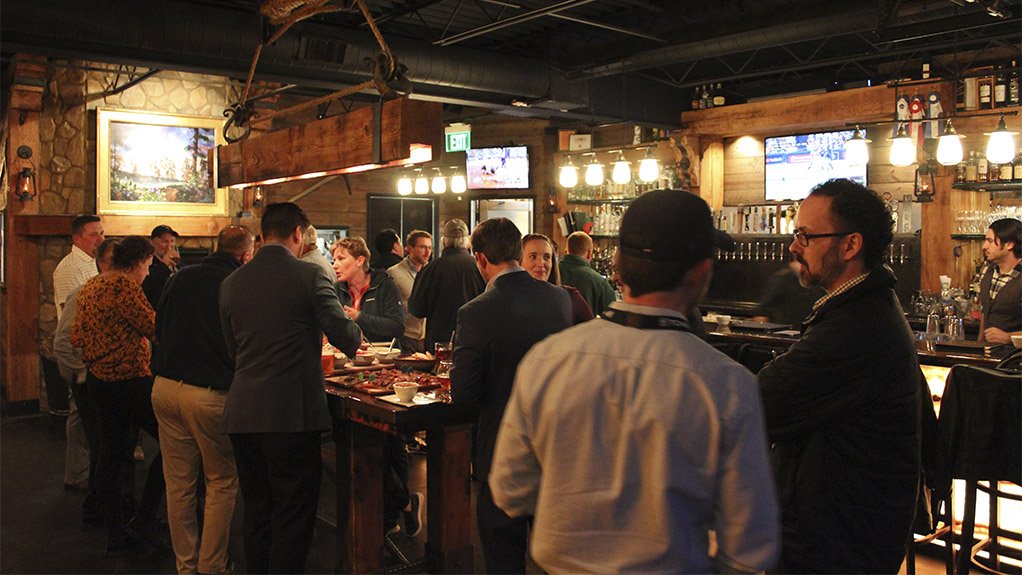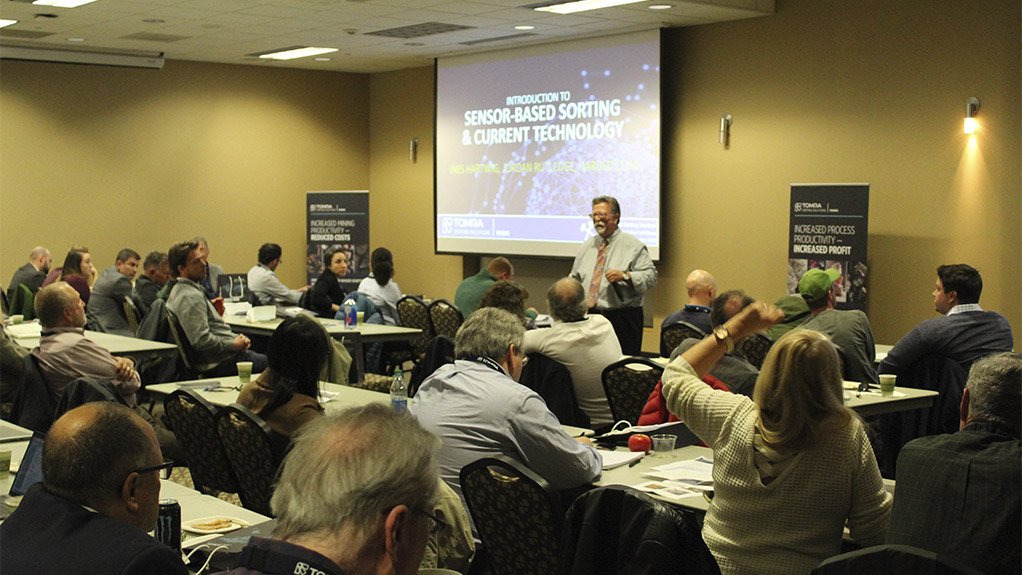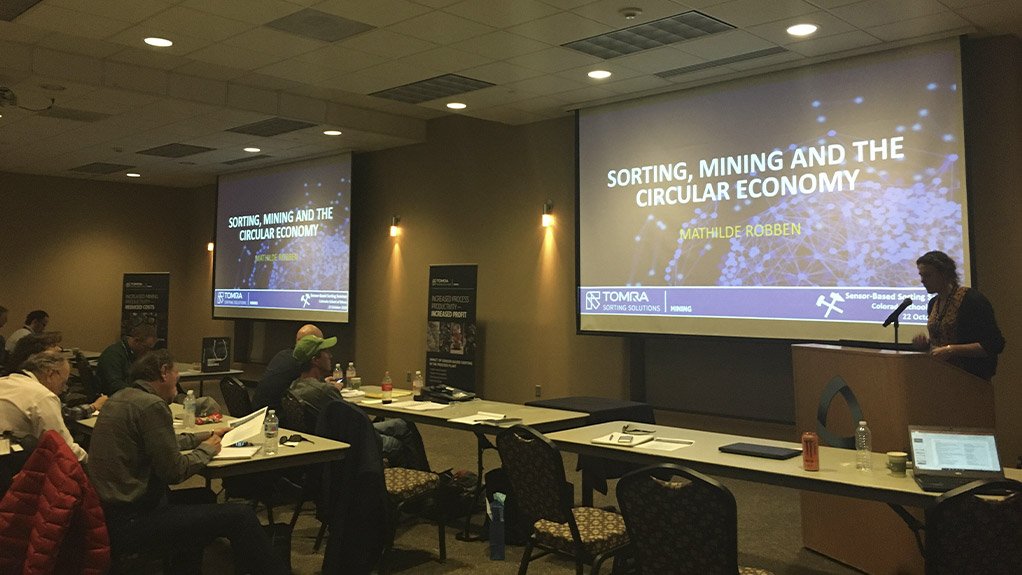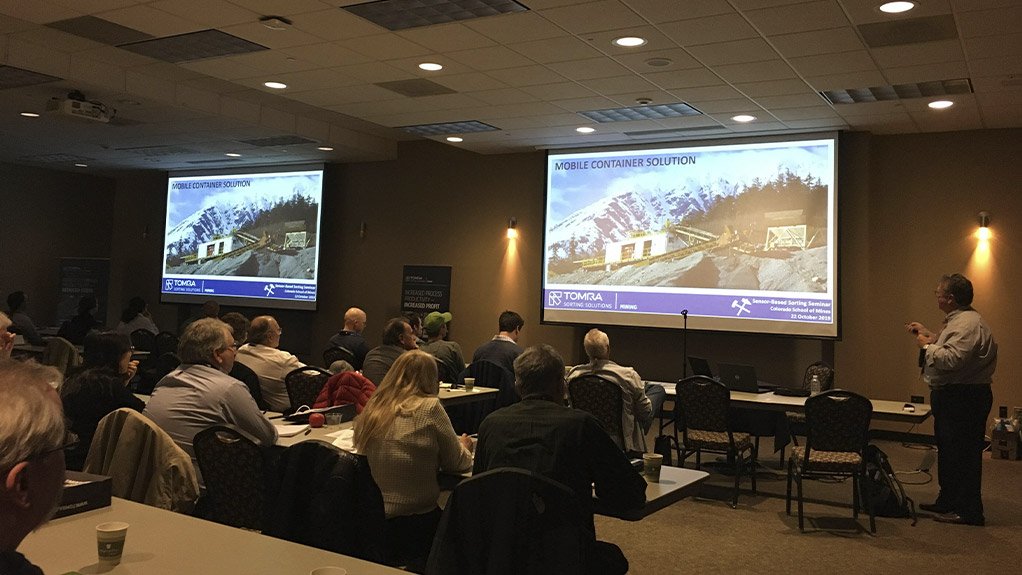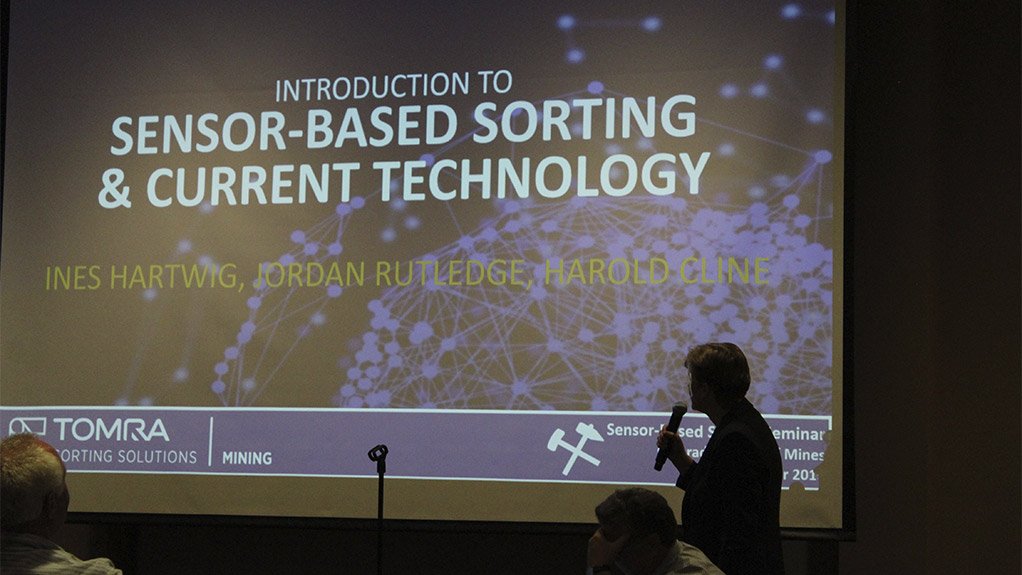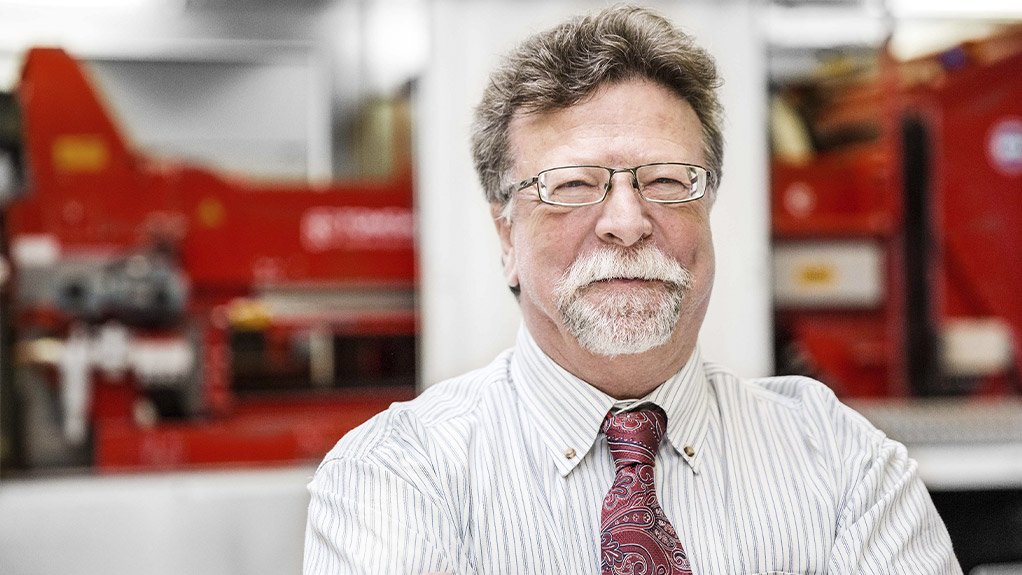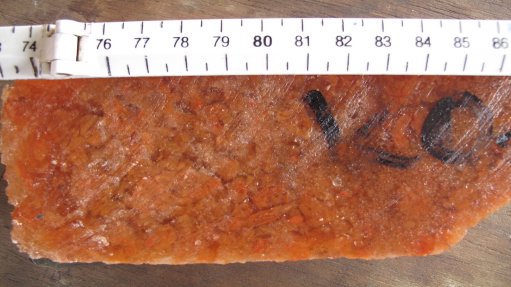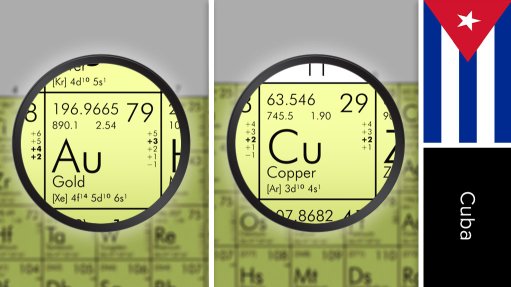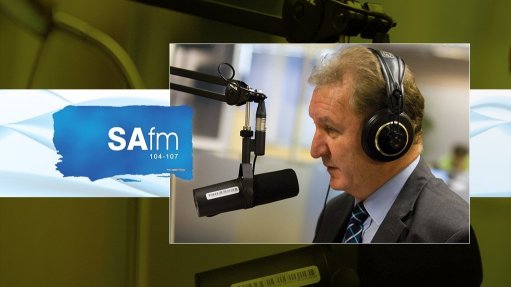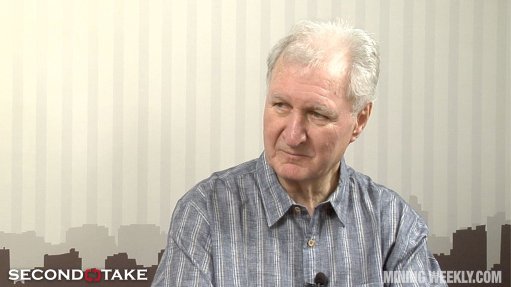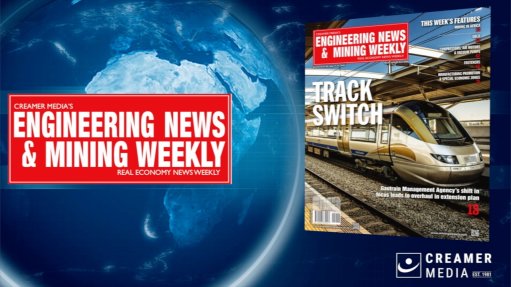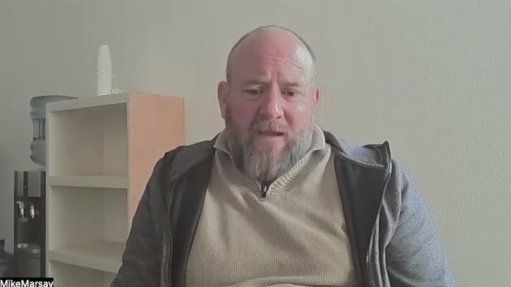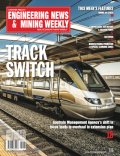TOMRA holds first-of-its-kind seminar on sensor-based sorting with resounding success
This article has been supplied.
The seminar on sustainable mining solutions was designed to provide a solid, pragmatic foundation on sensor-based sorting projects. It was held at the Colorado School of Mines and brought together experienced and influential industry speakers. The seminar, which was the first of its kind, attracted great interest and was sold out weeks in advance.
TOMRA’s seminar on sustainable mining solutions and sensor-based sorting addresses major challenges of the mining industry, including increasing pressure to be more financially streamlined and radically more efficient, while addressing environmental and sustainability concerns. Se
nsor-based sorting (SBS) proves to be an increasingly important tool both to formulate optimal solutions for greenfields projects and to help conquer challenges for keeping brownfields operations viable, converting the mining operation’s resource into value.
TOMRA’s specialists were joined by guest speakers, all experts in their fields, to encompass all aspects of a sensor-based sorting operation with a broad range of topics that included sorting technology, applications, plant design, test work and economic considerations. This provided participants with insights into the technology, how to successfully implement sorting into a plant, interpret test results and optimize flowsheets.
The 62 participants came from all across the U.S. and Canada, and included representatives from mining companies, engineering firms wishing to learn more and provide better support to customers on sorting projects at mining companies, as well as students and professors eager to learn more about the applications and technology.
The vital importance of assessing the feasibility and setting objectives for SBS
Corby Anderson, Harrison Western Professor at the Colorado School of Mines, opened the seminar with a riveting introduction of recycling, recovery and sorting. The next talk focused on sensor-based sorting technologies and their applications ,as well as highlighting fully operational SBS plants in the mining industry. Mathilde Robben of TOMRA explained the importance of setting objectives for SBS, and the financial and technical aspects to evaluate.
The most critical factors to consider when assessing the feasibility of sorting are throughput requirements, particle size and potential water usage, as well as the mineralogy of the ore. Having a clear understanding of where sorting can benefit in the process is paramount when planning to use this technology. Test work is the best way to determine if SBS will work for an application, and Chris Korsten explained TOMRA’s test work philosophy to identify the best solution that will meet the mining operation’s specific conditions and objectives.
Guest speaker Erik Stepperud of Hazen Research, the industrial R&D company specializing in the mining, chemical, energy and environmental industries, shared his expertise in assays and interpretation of test results, while Craig Murray of the Saskatchewan Research Council spoke about testing and support services for projects using sorting technology.
Flowsheet considerations and the positive impact of SBS on downstream operations
When designing optimal sorting plants, it is critical to understand the necessary auxiliary components for materials handling, such as screens, washing and conveying, and where to place the sorter in the flowsheet to optimize the process and get the most out of SBS.
Particle size is critical to SBS, so designing optimal crushing and screening units is vital, and TOMRA invited expert speakers to cover these topics: Jörn Rohleder of Outotec, which specialises in designing leading technologies and services for the sustainable use of natural resources, discussed crushing design and Eli Cannell of Joest, the international leader in vibration technology, elaborated on screening, while Greg Black of Golden Eagle Technologies covered the topic of dust extraction.
SBS can have a huge positive impact on the downstream operations of a flowsheet, as more waste is rejected from the process upstream. This means that waste is not carried through the rest of the process, resulting in significant savings in energy, water and chemicals. A further benefit is the reduction of fine tailings that are environmentally challenging to manage.
The role of mining and sorting in the circular economy
Mining is vital for modern day living, and will continue to be a necessity as the world’s population continues to grow, green technology requires metals, and the standard of living improves across the globe. TOMRA sees SBS as providing an opportunity to produce the minerals and metals we need in a sustainable and economically feasible way. By rejecting waste and concentrating the valuable material early in the flowsheet, the resources that would traditionally be used to further crush, grind, float or leach the waste material are saved, so that natural resources are utilized in the most efficient and sustainable way.
In addition, SBS also has a role to play in the recycling industry to generate a second life for materials.
A successful first-of-its-kind seminar
The seminar was very well received, and achieved its goal of providing a pragmatic foundation on SBS projects: Genevieve Gosselin, Senior Technical Metallurgist at Agnico Eagle Mines, commented that “The seminar gave us keys for the implementation of ore sorting in brownfields and greenfields mining projects.” Vera Gella, Metallurgist at BBA, concluded: “I enjoyed it; it only strengthened my appreciation of sorting.”
The considerations about flowsheet design and testing were particularly appreciated. Vera Gella, commented: “For us, the test work preparation and flow sheet design are most relevant to what we do every day and being able to quickly assess whether or not sorting is applicable to a given project.
Like Jörn pointed out, if you pick the wrong crushing/SBS circuit design up front, it can drastically change the outcome of a project. It’s critical to think carefully about how to get the most out of your sorting circuit.”
It also raised awareness of aspects that participants may not have considered in the past. For Genevieve Gosselin it was “how important the geology of the deposit is, and the need to evaluate this before starting bench and pilot scale testing.” Vera Gella, on the other hand, was struck by the sustainability aspect, which is becoming increasingly important: “One of the things that we hadn’t thought about because our scope was focused on the economic trade-off were the environmental impacts of SBS.
The environment is becoming more and more of a focus for all stakeholders and will be a key driver for mining projects going forward.”
Comments
Press Office
Announcements
What's On
Subscribe to improve your user experience...
Option 1 (equivalent of R125 a month):
Receive a weekly copy of Creamer Media's Engineering News & Mining Weekly magazine
(print copy for those in South Africa and e-magazine for those outside of South Africa)
Receive daily email newsletters
Access to full search results
Access archive of magazine back copies
Access to Projects in Progress
Access to ONE Research Report of your choice in PDF format
Option 2 (equivalent of R375 a month):
All benefits from Option 1
PLUS
Access to Creamer Media's Research Channel Africa for ALL Research Reports, in PDF format, on various industrial and mining sectors
including Electricity; Water; Energy Transition; Hydrogen; Roads, Rail and Ports; Coal; Gold; Platinum; Battery Metals; etc.
Already a subscriber?
Forgotten your password?
Receive weekly copy of Creamer Media's Engineering News & Mining Weekly magazine (print copy for those in South Africa and e-magazine for those outside of South Africa)
➕
Recieve daily email newsletters
➕
Access to full search results
➕
Access archive of magazine back copies
➕
Access to Projects in Progress
➕
Access to ONE Research Report of your choice in PDF format
RESEARCH CHANNEL AFRICA
R4500 (equivalent of R375 a month)
SUBSCRIBEAll benefits from Option 1
➕
Access to Creamer Media's Research Channel Africa for ALL Research Reports on various industrial and mining sectors, in PDF format, including on:
Electricity
➕
Water
➕
Energy Transition
➕
Hydrogen
➕
Roads, Rail and Ports
➕
Coal
➕
Gold
➕
Platinum
➕
Battery Metals
➕
etc.
Receive all benefits from Option 1 or Option 2 delivered to numerous people at your company
➕
Multiple User names and Passwords for simultaneous log-ins
➕
Intranet integration access to all in your organisation



